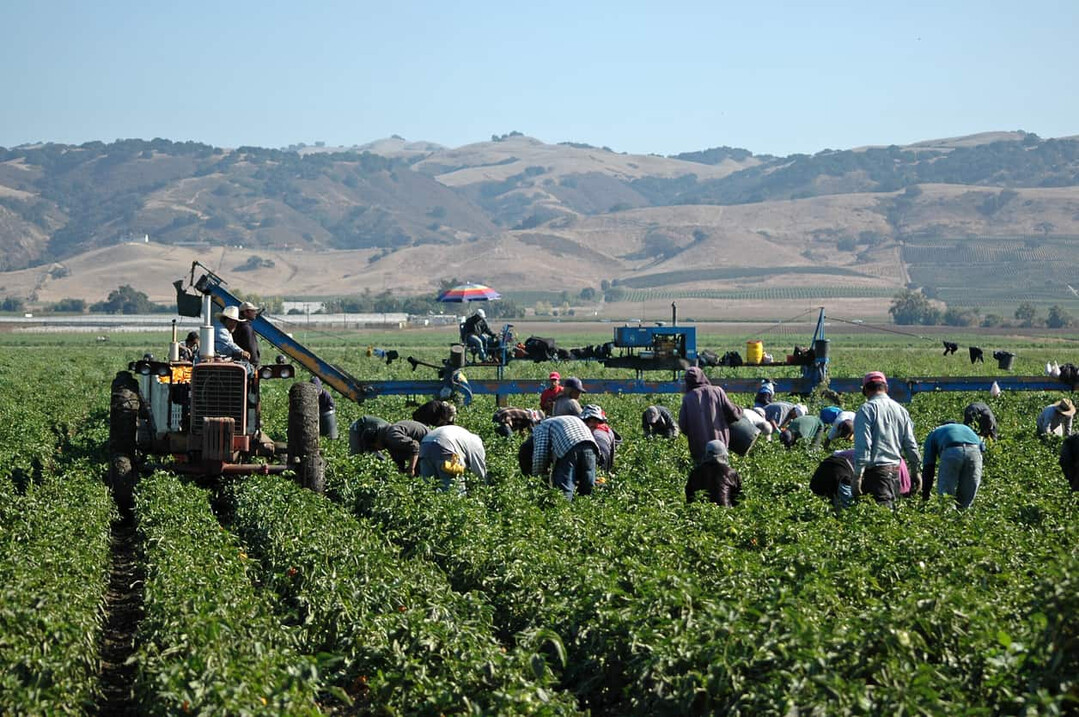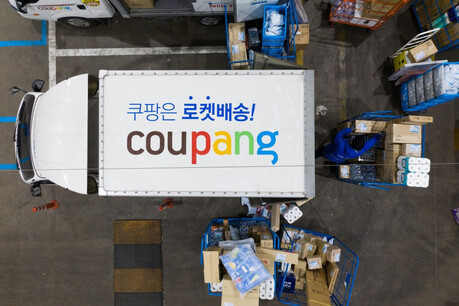
Odemira, Portugal - A recent survey by the Association of Horticulturists, Fruit Growers, and Flower Growers (AHSA) has underscored the critical role of immigrant workers in the agricultural sector of Portugal's southwest Alentejo region.
The survey, conducted among 40 member companies, revealed that 73% rely on immigrants for more than half of their workforce, with 45% employing immigrants for over 75% of their positions. A resounding 83% of companies consider immigrants "fundamental" to their success.
Nepalese Workers Lead the Way
Nepalese workers dominate the immigrant workforce in the region, employed by 86% of surveyed companies. India (48%) and Thailand (41%) follow closely, with significant contributions from Bangladesh, Ukraine, and other countries.
Housing Shortage a Major Obstacle
While the survey highlights the value of immigrant workers, it also emphasizes the critical need for improved housing conditions. 62% of companies cited a lack of suitable housing as a major barrier to retaining workers. Licensing delays, high rental costs, and limited availability further compound the issue.
Despite these challenges, many companies are investing heavily in worker housing. 35% have invested up to €50,000, and over 20% have invested more than €1 million in housing for their employees.
Lack of Local Interest Hampers Hiring
The survey identified a lack of local interest in agricultural work as the primary deterrent to hiring local labor. This is compounded by an aging local workforce and a perceived lack of qualifications among potential local employees. Uncompetitive salaries and the seasonal nature of the industry also contribute to the reliance on immigrant labor.
Call for Improved Migration Policies
The survey calls for improved migration policies, including better oversight of recruitment agencies and enhanced support for worker accommodation. 55% of respondents seek better alignment of policies with the sector's needs, particularly in protecting workers and reducing bureaucratic hurdles.
While some progress has been made with the transition from SEF to AIMA (Agency for Integration, Migration, and Asylum), 48% of respondents cited persistent challenges.
[Copyright (c) Global Economic Times. All Rights Reserved.]






























